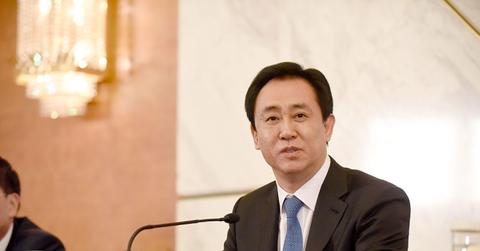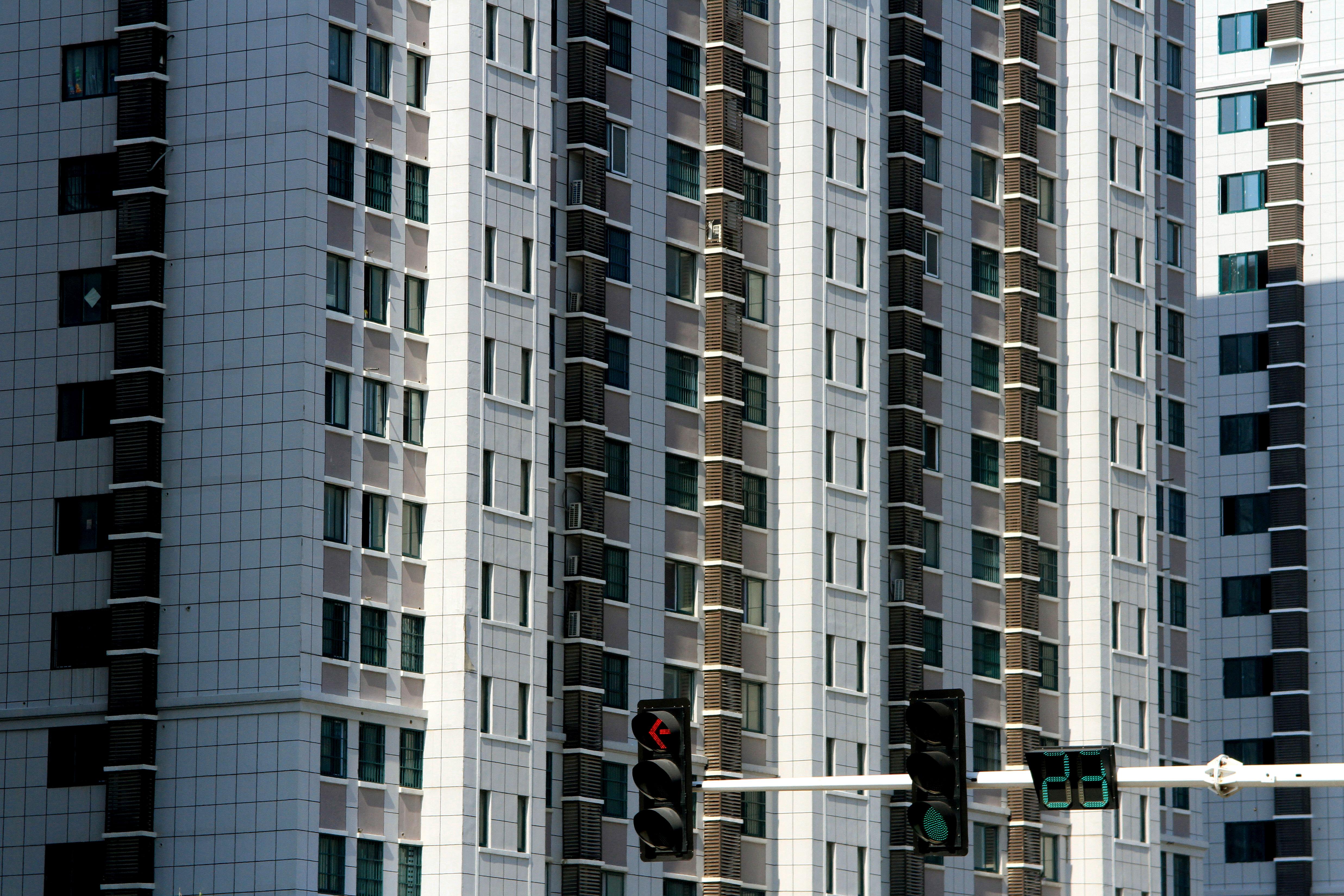Evergrande, One of China’s Top Property Developers, Is Facing Default on Interest Payments
Evergrande, a top property developer in China, is on the brink of default as its interest payments come due. What does that mean for Evergrande debt holders?.
Sept. 21 2021, Published 11:40 a.m. ET

Evergrande, the second-largest property developer in China, has some investors concerned due to its sizable interest payments due this week. The company has a 5-year, U.S.-dollar $2 billion bond for which about $83 million in interest is due on Sep. 23, CNBC reports. An additional payment on a 7-year U.S. dollar bond is due Sep. 29.
The company is expected to miss its deadline for payment on Sep. 23, according to market experts. S&P Global Ratings called it “likely” that Evergrande would default on the loan, although a technical default doesn’t occur until the company is 30 days past the due date. The Evergrande debt crisis could have a far-reaching impact.
What is Evergrande?
Evergrande, the second-largest property developer in China, has invested in bottled water, real estate, the internet, and soccer. It's chaired by Xu Jiayin, who has expressed confidence in the company in an employee letter, according to The New York Times. “I firmly believe that Evergrande will walk out of its darkest moment and resume full-speed work and production.”

Sep. 22 is when markets resume in China and more will be known about the impact of the impending interest payment and potential default.
The top Evergrande bond holders
According to Morningstar, the six funds with the largest exposure to Evergrande bonds are as follows:
The Fidelity Asian High-Yield Fund.
The UBS (Lux) BS Asian High Yield (USD).
The HSBC Global Investment Funds - Asia High Yield Bond XC.
The Pimco GIS Asia High Yield Bond Fund.
The Blackrock BGF Asian High Yield Bond Fund.
The Allianz Dynamic Asian High Yield Bond.
What an Evergrande default could mean
Vishnu Varathan, head of economics and strategy at Mizuho Bank, said, “With risks of missing a bond coupon later this week, the capacity to spook capital markets remains significant; considering Evergrande accounts for ~11% of all Asia high-yield bonds.”
Institutional investors and other foreign investors could be affected more than Chinese domestic investors. It remains to be seen whether Evergrande will prioritize obligations to domestic investors over offshore, dollar-denominated bonds.
Social unrest is a point of concern, as some protests by investors and frustrated homebuyers have already occurred. About 100 investors gathered in protest at Evergrande’s headquarters on Sep. 13, demanding loan repayment.
The New York Times reports that the effects of Evergrande collapsing would “depend in large part on the attitudes of China’s top leaders.” According to Morningstar, after severe drops in the S&P 500, Dow, and Nasdaq Composite on Sep. 20, there could be a modest recovery in the main market benchmarks for U.S. stock index futures.
Will Beijing step in to rescue Evergrande?
As The New York Times reports, Beijing has some ability to stop or minimize the disaster that Evergrande's default could cause. The Chinese government controls banks, the flow of money across borders, and the media's ability to cover any developing events.
In a report on Sep. 20, S&P Global Ratings wrote, “We believe Beijing would only be compelled to step in if there is a far-reaching contagion causing multiple major developers to fail and posing systemic risks to the economy.”
